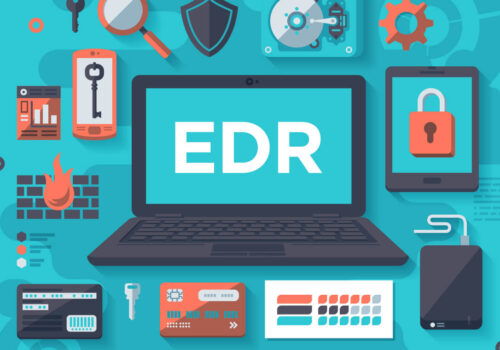
EU May Suspend Money-for-Views TikTok Feature
In the ever-evolving landscape of social media, platforms constantly introduce new features to engage users and keep them coming back for more. However, recent developments have sparked concerns regarding the ethical implications and potential risks associated with certain features, particularly in the context of younger users. One such feature under scrutiny is TikTok’s “money-for-views” feature, which has garnered attention from regulators in the European Union (EU). Let’s delve into the intricacies of this debate and explore the implications for users and platform operators alike.
TikTok, the wildly popular short-form video app, has revolutionized the way we consume and create content, particularly among Gen Z users. With its addictive scrolling interface and algorithmically curated content, TikTok has amassed a vast and dedicated user base, catapulting creators to stardom overnight. Central to TikTok’s appeal is its ability to incentivize content creation through features like the “money-for-views” mechanism, where creators receive compensation based on the engagement their videos generate.
While this feature has undoubtedly empowered creators and democratized content production, it has also raised concerns about its potential to incentivize risky or harmful behavior, particularly among younger users. The EU, known for its stringent data privacy regulations and consumer protection measures, has taken notice of these concerns and is contemplating suspending TikTok’s “money-for-views” feature pending further investigation.
At the heart of the debate lies the delicate balance between fostering creativity and ensuring user safety in the digital realm. On one hand, incentivizing content creation can unleash a wave of creativity and innovation, empowering individuals to share their stories and talents with the world. However, this freedom comes with inherent risks, especially when it intersects with impressionable audiences and exploitative practices.
The EU’s scrutiny of TikTok’s “money-for-views” feature reflects a broader trend of regulatory oversight aimed at safeguarding users, particularly minors, from online harms. With growing concerns about the impact of social media on mental health, privacy violations, and the spread of disinformation, policymakers are increasingly turning their attention to the practices of tech companies and their implications for society at large.
Critics argue that features like TikTok’s “money-for-views” create a perverse incentive structure that prioritizes engagement metrics over quality content and responsible behavior. This can fuel a race to the bottom, where creators resort to sensationalist or controversial content to attract views and maximize their earnings. Moreover, the financial rewards associated with viral success can incentivize risky behavior, such as stunts, challenges, or pranks, with potentially dangerous consequences.
Proponents of the feature, however, contend that it empowers creators to monetize their passion and talent, providing a livelihood for aspiring artists, performers, and influencers. For many users, TikTok represents not only a creative outlet but also a source of income and community. By compensating creators based on the value they bring to the platform, TikTok fosters a culture of recognition and appreciation for content creators, incentivizing them to continue producing engaging and entertaining content.
Navigating this complex landscape requires a multifaceted approach that balances innovation with accountability, freedom of expression with user protection. Platforms like TikTok have a responsibility to uphold the highest standards of ethical conduct and ensure the safety and well-being of their users, especially those who are most vulnerable. This includes implementing robust content moderation policies, age-appropriate safeguards, and transparent monetization practices.
Furthermore, collaboration between platforms, regulators, and civil society is essential to address emerging challenges and develop effective solutions that prioritize user safety and digital citizenship. By fostering an open dialogue and sharing best practices, stakeholders can work together to promote a healthy and responsible online ecosystem that empowers users to express themselves while minimizing risks and harms.
In response to the EU’s concerns, TikTok has pledged to cooperate fully with regulators and address any issues raised regarding its features and policies. The company has also reaffirmed its commitment to promoting a safe and positive environment for users of all ages, with measures such as enhanced privacy settings, educational resources, and community guidelines.
As the debate over TikTok’s “money-for-views” feature unfolds, it serves as a reminder of the complexities inherent in the intersection of technology, creativity, and ethics. While incentivizing content creation can unleash a wave of innovation and talent, it must be done responsibly, with due consideration for the potential risks and consequences. By striking the right balance between freedom and safety, platforms can empower users to express themselves authentically while fostering a culture of respect, empathy, and inclusion in the digital age.



